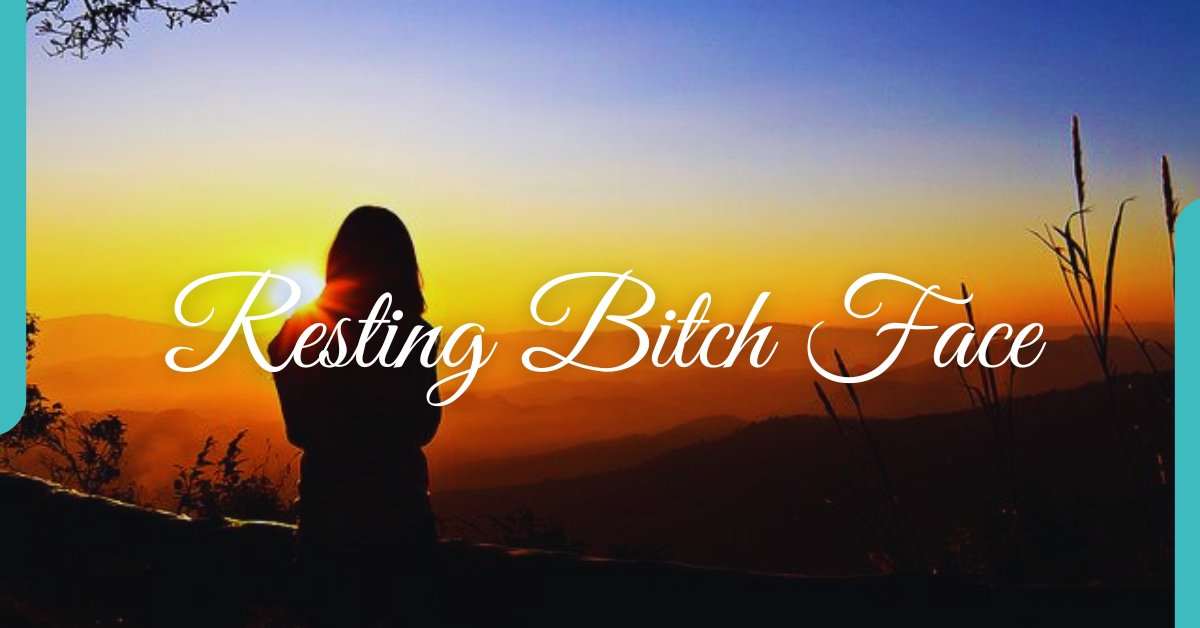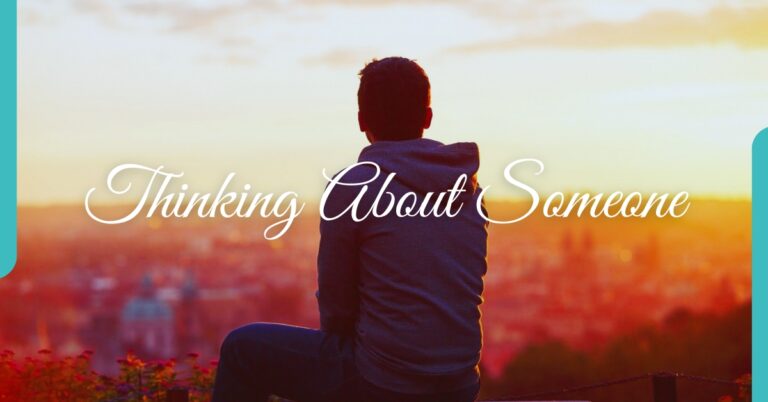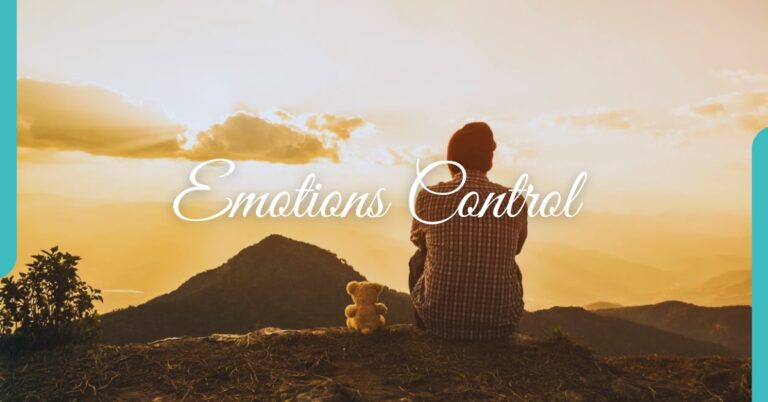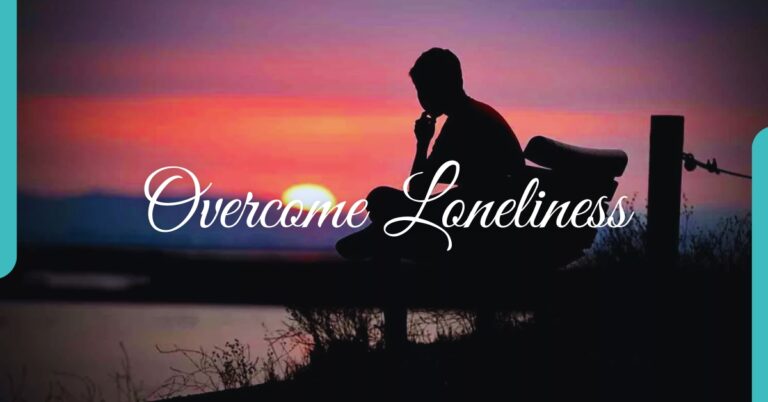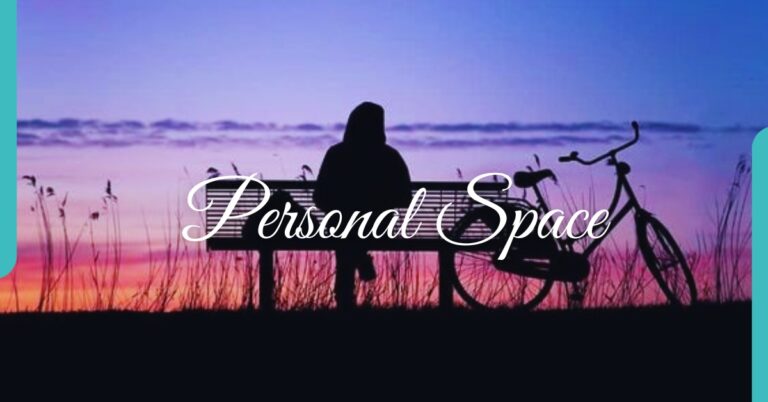Psychology of RBF – The Pros and Cons of Resting Bitch Face
The phenomenon of Resting Bitch Face (RBF) stands out as both a social puzzle and an unwelcome stereotype. Have you ever noticed someone with an expression that seems to say, “I’m not interested, even when they’re deep in thought or simply lost in their world?”
This universal facial aspect has sparked debates and discussions, leaving many to ponder whether RBF is a blessing or a curse. It can serve as an unintentional shield against unwanted attention, it may lead to misconstrued intentions and social alienation.
But what lies beneath the surface of this seemingly straightforward expression? The psychology behind RBF reveals layers of complexity and individual experiences, cultural perceptions, and societal expectations intertwine to shape how we interpret these facial cues.

As we delve into the pros and cons of possessing a face that naturally conveys disinterest or annoyance, we uncover how Resting Bitch Face influences personal interactions, professional relationships, and self-image. The psychology of RBF is where perceptions can shift like shadows and discover if you’re truly cursed with “bitch face” or if it’s just your unique way of navigating the world.
Read more:
- Control Your Emotions – 10 Useful Steps for Making Better Decisions
- 15 Effective Ways To Look Confident & Boost Your Presence
- Overcome Limiting Beliefs – Useful Strategies to Unlock Your Potential
- Tips and Strategies for Overcoming Anxiety and Managing Stress
Psychology of RBF?
RBF can serve as both a barrier and an opportunity for self-expression. For some individuals embracing their Resting Bitch Face (RBF) might signify authenticity, they refuse to conform to externally imposed emotional standards just to fit in.

“Whatever you choose to do, leave tracks. That means don’t do it just for yourself. You will want to leave the world a little better for your having lived.”
It invites reflection on how we navigate our facial expressions in various contexts while questioning whether we should challenge these societal standards or learn ways to communicate effectively beyond mere appearance, redefining what it means to present oneself authentically in today’s visually driven world.
This reflects broader dynamics surrounding gender expectations too, when women are perceived as unfriendly for simply not smiling, it perpetuates stereotypes about femininity and approachability. A phenomenon where people perceive individuals in a certain dress style as more threatening can compound these misunderstandings surrounding facial expressions.
Cons of Resting Bitch Face
Resting Bitch Face (RBF) might seem like a mere facial expression, but it carries a weight that can affect personal and professional interactions. Especially for women, RBF often leads to misinterpretation, their neutral expressions might signal unfriendliness when that’s far from the truth.
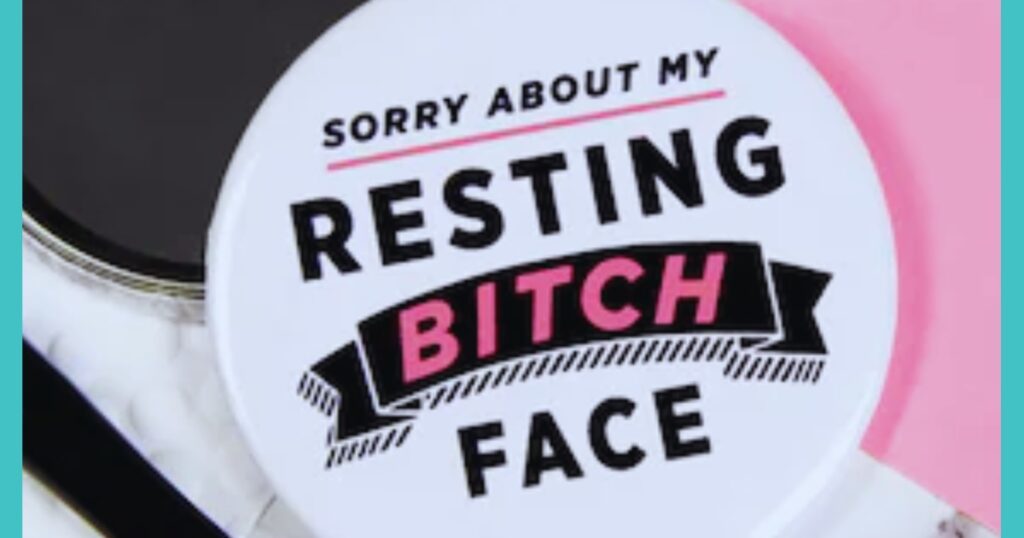
“Fight for the things that you care about. But do it in a way that will lead others to join you.”
—Ruth Bader Ginsburg
This misconception can affect social connections and lead to missed opportunities in networking situations. It transforms casual encounters into uncomfortable standoffs, creating barriers that don’t reflect the warm personalities lurking behind those seemingly stern faces.
This performance not only feels disingenuous but can generate feelings of self-consciousness and frustration. The burden of combating these perceptions distracts from authentic self-expression, a subtle reminder of how society often values appearance over character and warmth.
- People With RBF Feel Isolated
- People Don’t Bother you When you Want to Be Alone
- It’s Harder To Make Friends
- More Likely To Suffer From Gossip
- It’s Harder to Tell if you are Lying
People With RBF Feel Isolated
Many people with Resting Bitch Face (RBF) report feelings of isolation that go beyond mere misunderstandings about their expressions. They often find themselves caught in a web of misinterpretation, where a neutral or serious facial expression is read as disinterest or hostility.
This ongoing puzzle in social interactions can create barriers to forming genuine connections, leaving RBF holders feeling out of step with those around them. The result? An unintentional wall built from the very thing that’s meant to convey emotion to their faces.
The emotional task involved can be exhausting, leading to a cycle of anxiety and even resentment toward their natural expressions. The social dynamics shift and friendships may be delayed or avoided simply because others misjudge intention based on appearance alone.
People Don’t Bother you When you Want to Be Alone.
Embracing solitude has become an art form. When you possess a Resting Bitch Face (RBF), that expression can serve as your personal force field, cleverly warding off unwanted interactions. Your carefully crafted attitude may just send the subtle message: “I’m in my universe right now.”
It’s about prioritizing your own mental space and reclaiming your time without the constant interruptions of social chatter. RBF can also serve as a boundary-setting mechanism, turning perceived awkwardness into an empowering declaration of self-neglect and peaceful solitude.
Individuals with this facial expression find themselves left alone in public spaces like cafes or parks, ideal settings to dig into those novels or remain lost in thought. It provides a unique opportunity for introspection and creativity that many miss amidst constant engagement with others.
It’s Harder To Make Friends
Navigating friendships with Resting Bitch Face (RBF) requires a proactive approach. It’s essential to engage in environments where shared interests can shine through like hobby classes or community events where initial interactions can focus on common passions rather than superficial appearances.
Humor becomes an invaluable tool, those with RBF often find that sharing a laugh about their serious-looking appearance breaks the ice and transforms perceptions. By defying stereotypes, they open the door for more genuine connections where shared experiences overshadow initial judgments based simply on looks.
It’s about redefining conversations around friendship by recognizing that even behind the hardest of faces lies a passion for connection and companionship. The irony is that while those with RBF may crave friendship like anyone else, their expressions can create barriers that make first impressions less favorable.
More Likely To Suffer From Gossip
People with Resting Bitch Face (RBF) may experience increased inspection in their personal and professional lives as others project hostility onto them without clear justification. Those affected might decide to adopt exaggerated smiles or exaggerated friendliness to counteract this misinterpretation.
This raises another question, should we participate in the performative aspect of our emotions just to alleviate others’ discomfort? Shifting the focus away from superficial judgments can lead us toward deeper empathy for someone’s ‘unapproachable’ expression.
Embracing an understanding of the diverse emotional landscapes that accompany such expressions could help dissolve barriers created by misunderstandings rooted in appearances.
It’s Harder to Tell if you are Lying.
Resting Bitch Face (RBF) has become a symbol of confusion in social interactions, leading to unexpected interpretations of one’s true feelings. Those with RBF often find themselves misjudged as aloof or unapproachable, resulting in a dual layer of complexity, not only do they grapple with the challenge of being misunderstood, but they also face heightened scrutiny over their honesty.
When communicating, a person with RBF may deliver truthful statements that are doubted due to their facial expression not because they’re lying, because their demeanor suggests otherwise but because they also face heightened scrutiny over their honesty.
This raises an interesting debate about how much weight we assign to facial expressions versus verbal communication and highlights the need for a richer understanding beyond superficial judgments. Grappling with RBF invites us to rethink our criteria for honesty, challenging us to listen beyond appearances and cultivate openness in our interactions.
Pros of Resting Bitch Face
Resting Bitch Face (RBF) might earn a stereotype of being unfriendly or unapproachable, but there’s an unexpected silver lining to this phenomenon. The presence of RBF serves as a powerful shield against unsolicited attention and social fatigue with the world constantly demanding our energy and engagement.
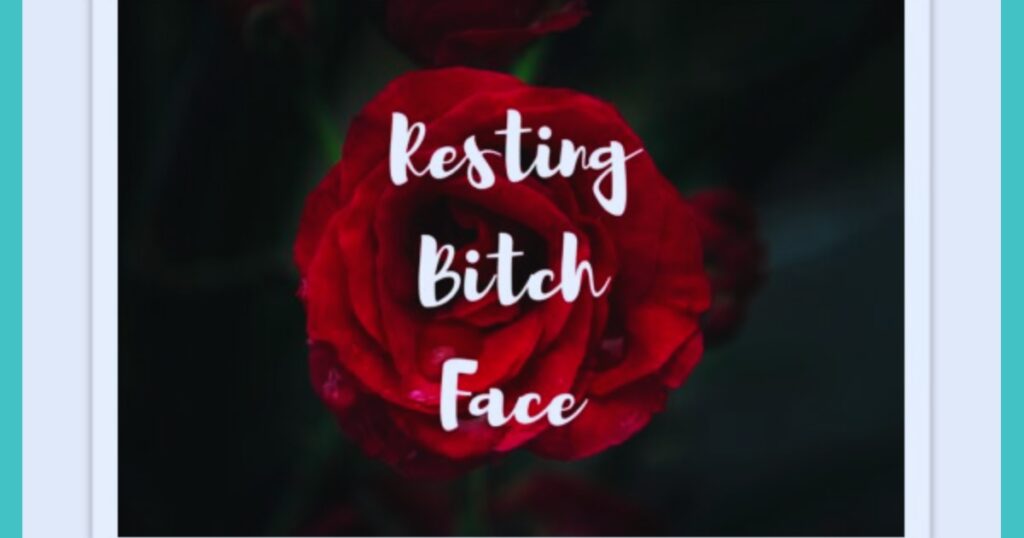
“A constitution, as important as it is, will mean nothing unless the people are yearning for liberty and freedom.”
—Ruth Bader Ginsburg
Having an expression that naturally conveys disinterest can offer a much-needed reprieve from invasive conversations or interactions that drain mental resources. This ‘poker face‘ can grant individuals the freedom to navigate public spaces without feeling pressured to smile or make small talk.
While RBF may carry some misconceptions, it also embodies self-empowerment and prioritization in social dynamics encouraging authenticity over conforming to societal expectations of perpetual cheerfulness.
- People Take You Seriously
- You Don’t Get Taken Advantage of As Much
- No one Tries to Give you Flyers on the Street
- People Consider You Level-Headed and Advice-Worthy
- When you Smile People Know you Mean it
People Take You Seriously
RBF can also serve as a powerful tool for personal branding. Individuals who exhibit this trait might inadvertently project confidence and authority, making them more likely to be taken seriously in leadership roles or competitive environments.
This underscores how we interpret body language and facial expressions differently across cultures and settings, while some may read RBF as intimidating, others view it as an embodiment of resilience and self-assuredness.
Embracing one’s natural expression faults can significantly shift perception while championing authenticity in an image-obsessed world. Transforming what could be perceived as a barrier into a powerful tool for encouraging authenticity and depth in interactions.
You Don’t Get Taken Advantage of As Much
RBF can play a psychological role in communication dynamics. People with resting bitch faces may inadvertently command respect or elicit wariness from others, effectively reshaping social interactions in their favor.
This phenomenon taps into the broader societal perceptions surrounding emotions and expressions, it challenges us to reconsider our interpretations of facial signs beyond conventional notions of warmth and approachability.
Embracing one’s RBF could empower individuals to assert themselves more confidently in both personal and professional empires, paving the way for authentic connections on their terms without feeling pressured by societal expectations to conform to a more cheerful face.
No one Tries to Give you Flyers on the Street.
Resting Bitch Face (RBF) has become a cultural phenomenon, often summing up that all-too-familiar expression many of us might wear unconsciously yet find ourselves defending. Picture this, as you stroll down the street, deep in thought or simply enjoying the day, people instinctively steer clear of your path.
An unintentional fortress that dissuades strangers from approaching and shoving unsolicited flyers into your hands. Some individuals embrace their RBF with pride, wielding it as armor against unwanted interactions in a bustling world filled with sales pitches and promotional stunts.
RBF can serve as a silent shield against the relentless marketing attempts that plague urban life. These moments of brief eye contact could lead to rich conversations if only the social standard could be challenged by both parties willing to look beyond appearances.
People Consider You Level-Headed and Advice-Worthy
Many people with Resting Bitch Face (RBF) find themselves on surprising support of wisdom and stability, as their stoic expressions often lead others to perceive them as level-headed or authoritative.
This serious demeanor can paradoxically evoke trust in friends, and even strangers who may flock to you for advice during turbulent times. While smiling faces dissipate worries, someone with RBF reassures others that they can approach you for insights without fear of being dismissed.
Embracing your unique blend of stillness and perceptiveness transforms RBF from a perceived flaw into an empowering trait, one that invites dialogue instead of shying away from it. Who knew that a mere expression could wield such profound influence?
When you Smile People Know you Mean it
Resting Bitch Face (RBF) often masks our true intentions and emotions, leading to misinterpretations that can color first impressions. It’s fascinating how a natural expression can inadvertently project indifference or displeasure.
Many people with RBF find themselves in situations where their neutral demeanor is mistaken for hostility, forcing them to work twice as hard just to show warmth. But what if this stoic mask also shields us from societal expectations allowing a deeper, unfiltered version of ourselves to emerge when we do smile?
Someone glances at you with suspicion based on your resting expression, but when you choose to smile genuinely, you’re not just altering their perception, you’re redefining the narrative around how we communicate beyond mere facial expressions.
See also 10 Useful Strategies to Stop Beating Yourself Up for Past Mistakes
Conclusion
The psychology behind Resting Bitch Face reveals a complex interplay between societal perceptions and individual expressions. While some may view RBF as an unwelcome barrier to social interaction, others embrace it as a distinctive aspect of their identity that conveys confidence and assertiveness. Understanding the nuances of these perceptions can empower individuals to navigate social dynamics more effectively.
Whether you see RBF as a curse or a badge of honor, recognizing its impact on your interactions is crucial. Take a moment to reflect on your facial expressions if they truly reflect your inner self. By embracing our individual facial expressions, we open ourselves to deeper conversations about identity, perception, and acceptance. By catching yourself in a moment of stillness, your face tells a story of its own unapologetically.
FAQs
What Does it Mean When a Girl Has an RBF?
For girls, having an RBF can often lead to misconceptions about their personality; people might assume they are angry, annoyed, or uninterested when in reality they might just be lost in thought or naturally have a neutral expression.
What Does a Resting Bitch Face (RBF) Look Like?
Resting Bitch Face (RBF) refers to a facial expression that unintentionally conveys annoyance, disinterest, or anger when a person is at rest. It often features downturned lips and a neutral or blank stare that can be misinterpreted by others as unapproachable or unfriendly.
Why is My Resting Face Sad?
Your resting face may appear sad due to a combination of natural facial muscle positioning and genetics. Everyone has unique facial structures and the way their features rest can create an unintended expression that looks downturned or melancholic.
How to Fix a Resting Bitch Face?
To fix resting bitch face (RBF), focus on cultivating a more relaxed and approachable facial expression through mindfulness and self-awareness. Practicing gentle smiles or softening your gaze can help create a friendlier demeanor, making you appear more open and inviting.
What is the Opposite of RBF?
The opposite of RBF is often referred to as RBF’s more cheerful counterpart: Resting Smile Face (RSF). While RBF conveys a neutral or unfriendly expression that can be misinterpreted as displeasure or anger, a pleasant smile suggests warmth and approachability.
What is RBF Texting?
RBF texting refers to the way some people interpret text messages as being cold or unfriendly due to a lack of emotional cues like tone and facial expressions.

